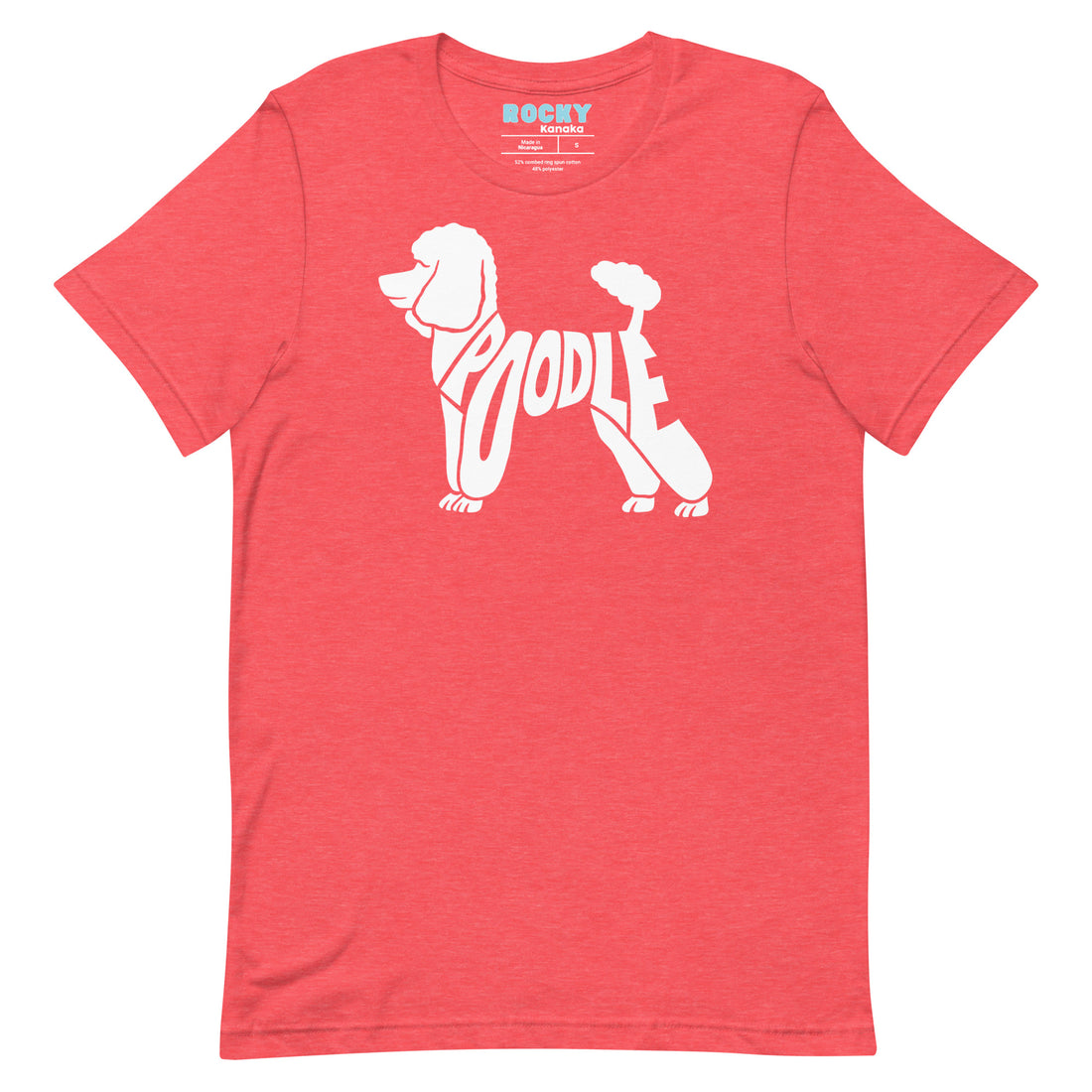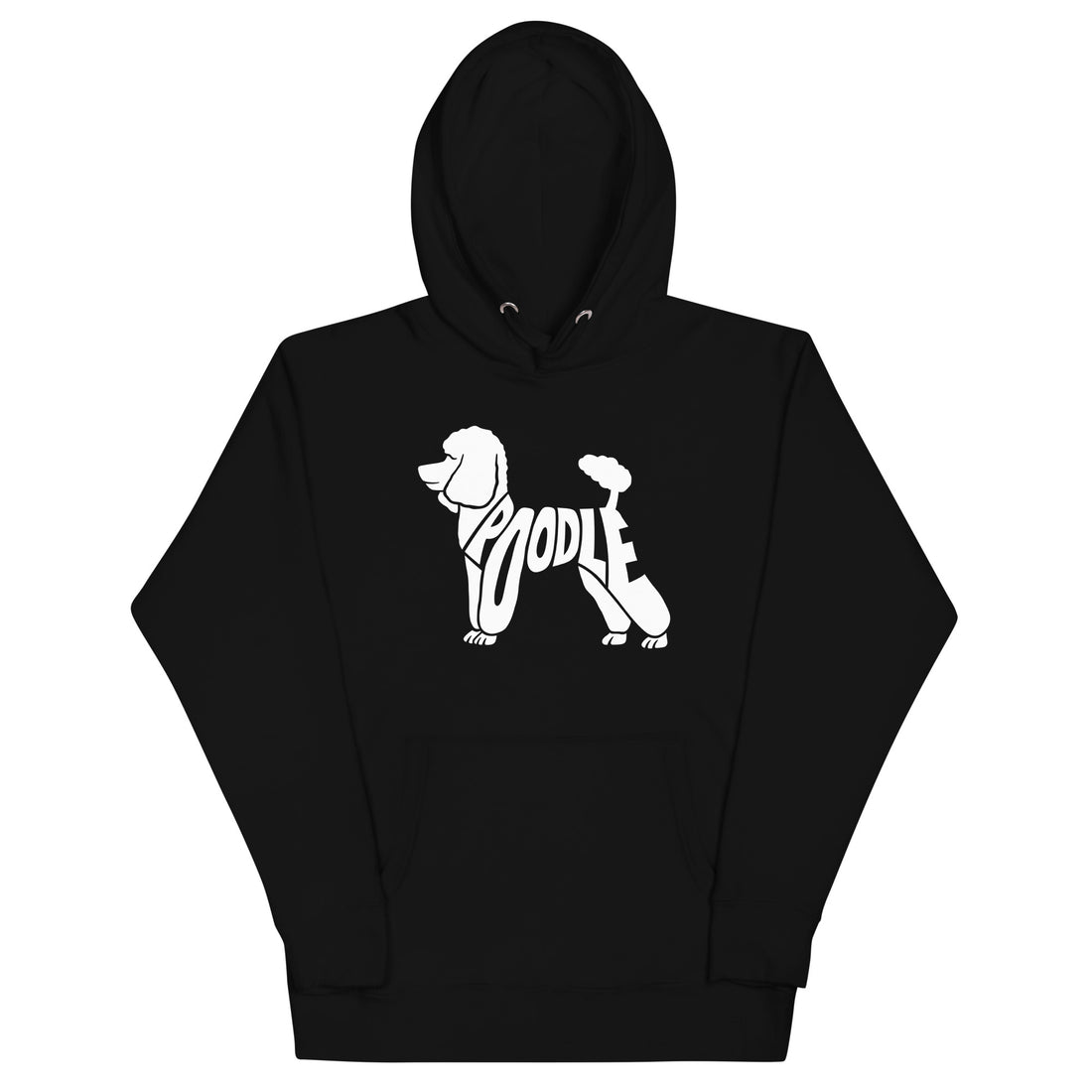Are Cockapoos Hypoallergenic?
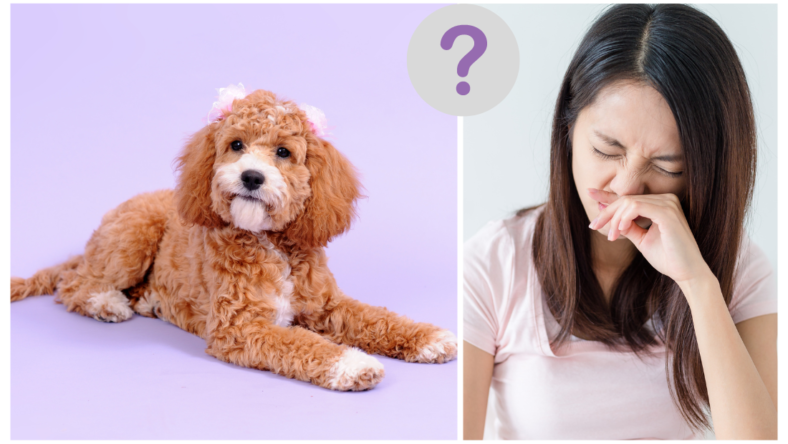
Meet the Cockapoo – a petite pooch with a unique look and a personality that could melt the hardest of hearts. It’s no wonder why dog aficionados have a soft spot for these delightful breeds. But for allergy sufferers, the big question remains: are Cockapoos truly hypoallergenic?
In this article, we’ll unravel the truth behind this conundrum, exploring common misconceptions and offering expert advice on how to navigate the world of Cockapoo ownership with allergies in mind. Get ready to discover everything you need to know about Cockapoos and allergies – and why this breed might just be the perfect pup for you!
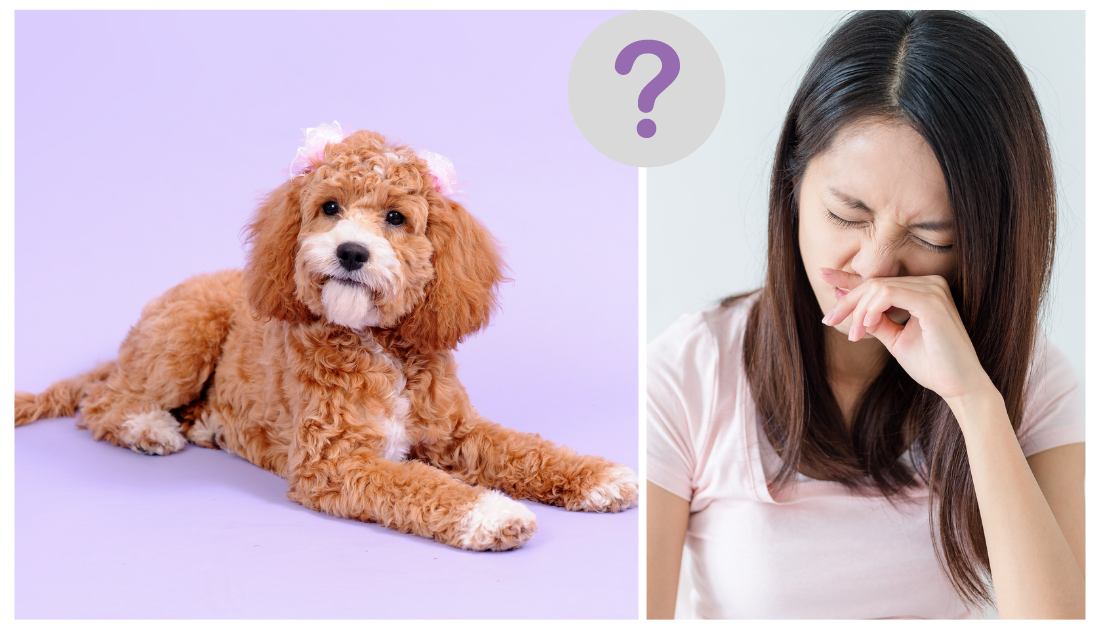
Cockapoo’s coats require regular grooming, including brushing, bathing, and trimming, to prevent matting and tangling, and to minimize shedding. However, even with meticulous grooming, Cockapoo still release a small amount of dander and hair into the environment, which can potentially trigger allergies in very sensitive individuals.
Pet Allergies are caused by allergens, which are proteins found in a pet’s skin cells, saliva, urine, and dander (tiny flakes of skin). When these allergens are released into the air and come into contact with a person’s skin, nose, or eyes, they can cause an allergic reaction. Despite their low-shedding coat, Cockapoo produce allergens just like any other dog breed, and they can still cause allergies in susceptible individuals.
So Are Cockapoos Hypoallergenic, Or Not?
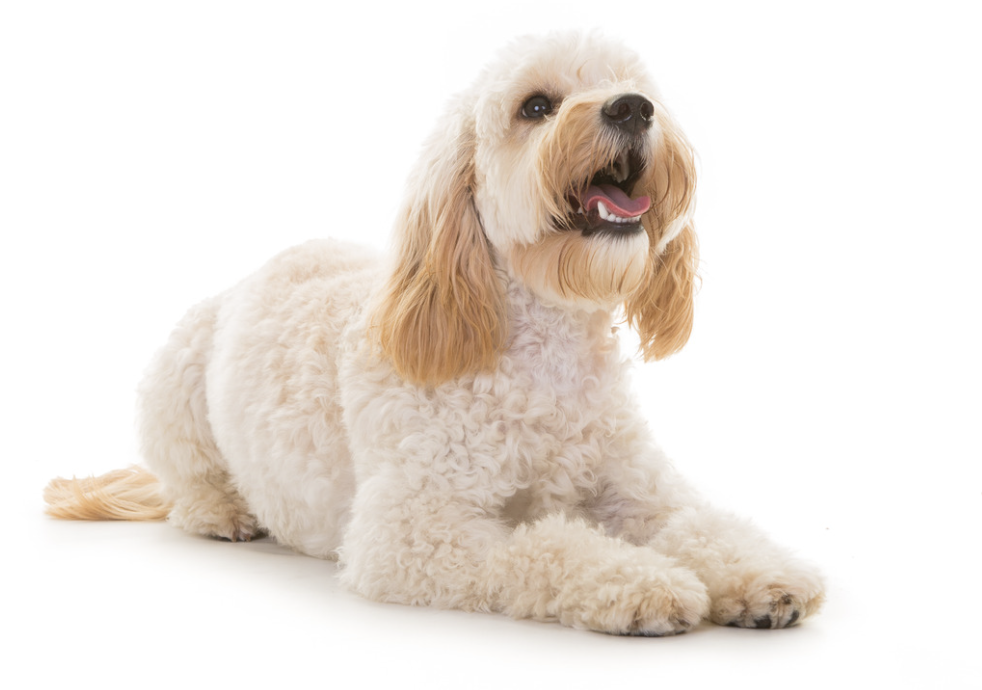
Cockapoos are often marketed as a hypoallergenic breed because they have hair instead of fur. However, it is important to note that there is no such thing as a completely hypoallergenic dog breed. All dogs produce allergens, including those that are classified as hypoallergenic. However, some breeds, including Cockapoos, may produce fewer allergens or shed less than other breeds, which can make them more suitable for people with allergies.
Cockapoo dogs have a single coat of hair that grows continuously, similar to human hair, instead of a double coat of fur like many other dog breeds. This characteristic can result in reduced shedding and fewer allergens being released into the air. Additionally, Cockapoo dogs have minimal dander, which is a common allergen found in pet hair, skin cells, and saliva.
It’s important to note that allergies are highly individual, and some people may be more sensitive to pet allergens than others. Factors such as genetics, immune system, and overall health can influence the severity of allergic reactions. Therefore, while some Cockapoo owners may not experience allergies, others may have allergic reactions even with a well-groomed Cockapoo.
Debunking Myths about Hypoallergenic Breeds

The term “hypoallergenic” is often used to describe dog breeds that are believed to produce fewer allergens and, therefore, are considered more suitable for individuals with allergies. However, it’s important to understand that no dog breed is completely hypoallergenic. Even breeds that are labeled as hypoallergenic, such as Poodle, Bichon Frise, Cockapoo, and Yorkshire Terrier, can still produce allergens and cause allergies in sensitive individuals.
Best Supplement To Reduce Shedding


The AKC Does Not Recognize The Term Hypoallergenic
The American Kennel Club (AKC), a reputable organization that recognizes and registers purebred dogs, does not recognize the term “hypoallergenic” and does not classify any breed as hypoallergenic. The AKC acknowledges that all dogs produce allergens, and individual reactions to different breeds can vary widely. Therefore, it’s crucial to understand that the term hypoallergenic can be misleading, and careful consideration should be given to individual factors when choosing a dog breed for allergy-prone individuals.
Managing Allergies with a Cockapoo
If you are considering getting a Cockapoo and have allergies, there are several steps you can take to minimize allergen exposure and manage your allergies:
1. Regular grooming
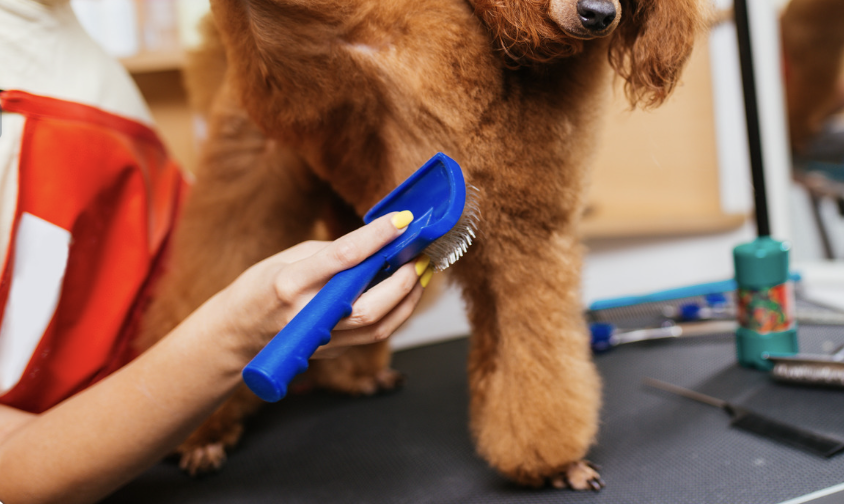
As mentioned earlier, regular grooming is crucial in managing allergies with a Cockapoo. Brushing your Cockapoo’s coat regularly helps to remove loose hair and prevent matting, which can reduce the amount of dander and allergens in their coat and environment. Additionally, frequent bathing and trimming can also help minimize shedding.
2. Cleaning your home

Keeping your home clean and free from allergens is essential in managing allergies with a Cockapoo. Vacuum your home frequently with a vacuum cleaner that has a HEPA filter to trap pet dander and hair. Wash your Cockapoo’s bedding, toys, and other belongings regularly to remove any accumulated dander. Consider using air purifiers with HEPA filters in your home to reduce airborne allergens.
3. Personal hygiene

Washing your hands thoroughly with soap and water after handling your Cockapoo can help remove allergens from your skin and prevent them from spreading to your face, eyes, and nose. Avoid touching your face with your hands, especially if you have been in close contact with your Cockapoo. Changing your clothes after playing or cuddling with your Cockapoo can also help minimize allergen exposure.
4. Allergy medication
Over-the-counter or prescribed allergy medications, such as antihistamines, decongestants, and nasal corticosteroids, can help manage allergy symptoms, such as sneezing, itching, and congestion. Consult with your healthcare provider to determine the appropriate medication and dosage for your specific allergies.
5. Pet-free zones
Designating certain areas in your home as pet-free zones, such as your bedroom and any other rooms where you spend a significant amount of time, can provide a sanctuary free from allergens. Keeping your Cockapoo out of these designated areas can help reduce allergen exposure while you rest or relax.
6. Vacuum… A Lot!

Vacuum carpets, floors, and furniture with a vacuum cleaner equipped with a HEPA filter can effectively trap pet allergens. Washing your Cockapoo’s bedding, toys, and other belongings regularly can also help minimize allergen buildup.
7. Air purifiers
Investing in a high-quality air purifier with a HEPA filter can help filter out allergens from the air inside your home, including pet dander and hair. Place the air purifier in the rooms where your Cockapoo spends the most time, such as the living room or bedroom, to help create an allergen-free zone.


8. Allergy Shots
In some cases, allergy shots, also known as immunotherapy, may be recommended by your healthcare provider to help desensitize your immune system to allergens and reduce the severity of allergic reactions.
9. Don’t sleep with your dog
If you have allergies, it is generally not recommended to sleep with your dog, including a Cockapoo or Shih Poo, or any other pet that may trigger your allergies. While it may be tempting to snuggle up with your furry friend, sleeping with your dog can increase your exposure to allergens, including pet dander, saliva, and urine, which can potentially exacerbate your allergies. You should also Wash your bedding, including sheets, pillowcases, and blankets, regularly in hot water to remove any pet dander that may have accumulated.
Frequently Asked Questions (FAQs):
Are Cockapoo hypoallergenic?
Yes and No. They do shed, albeit to a lesser extent compared to some other breeds, and produce allergens that can potentially trigger allergies in sensitive individuals. But compared to other dogs they are about as hypoallergenic as you can get.
Can I still own a Cockapoo if I have allergies?
Yes, it is possible to own a Cockapoo if you have allergies, but it requires careful management of allergen exposure through regular grooming, cleaning, and other measures to minimize allergen buildup in the environment.
Are there any hypoallergenic dog breeds?
While some dog breeds, such as Poodle, Bichon Frise, and Yorkshire Terrier, are often labeled as hypoallergenic, it’s important to understand that no dog breed is completely hypoallergenic. All dogs produce allergens, and individual reactions to different breeds can vary widely.
Can grooming help reduce allergen exposure in Cockapoo?
Yes, regular grooming, including brushing, bathing, and trimming, can help reduce the amount of dander and hair in a Cockapoo’s coat and environment, which can minimize allergen exposure.
What other measures can I take to manage allergies with a Cockapoo?
In addition to regular grooming, other measures to manage allergies with a Cockapoo include frequent cleaning of the environment, using air purifiers with HEPA filters, practicing good personal hygiene, and consulting with your healthcare provider or allergist for appropriate medication or allergy shots.
What other dog breeds are hypoallergenic?
Some other dog breeds that are often considered hypoallergenic include the Poodle, Bichon Frise, and Yorkshire Terrier. However, it’s important to note that no dog breed is completely hypoallergenic, and individual reactions to different breeds can vary.
How does a Cockapoo compare to a Portuguese Water Dog in terms of allergen production?
Both Cockapoos and Portuguese Water Dogs are single coated dogs and typically low-shedding.
Should I consider pet insurance for my Cockapoo?
Pet insurance can provide financial protection in case of unexpected medical expenses for your Cockapoo, just like with any other dog breed. However, it’s important to research different pet insurance providers, coverage options, and costs to find a plan that best fits your Cockapoo’s specific needs and your budget.
Are there any other small dog breeds that are suitable for someone with allergies?
Yes, there are several other small dog breeds that are often considered suitable for individuals with allergies. Some examples include the Bichon Frise, Maltese, and Yorkshire Terrier. However, it’s important to remember that no dog breed is completely hypoallergenic, and individual reactions can vary. Regular grooming, cleaning, and managing allergen exposure are still important considerations for any small dog breed, including Cockapoos.
How can I minimize loose hair and dander in my Cockapoo’s coat?
Regular grooming practices can help minimize loose hair and dander in your Cockapoo’s coat. This includes brushing your Cockapoo’s coat at least a few times a week to remove loose hair and prevent matting, as well as regular bathing to keep the coat clean and reduce dander buildup. Trimming the coat regularly can also help manage shedding and dander production.
How often should I groom my Cockapoo to manage allergen exposure?
Grooming requirements may vary depending on your Cockapoo’s coat type and personal preferences, but generally, Cockapoos should be groomed at least every 4-6 weeks. This includes brushing, bathing, and trimming the coat to manage shedding and dander production. Regular grooming, along with other measures like cleaning the environment and practicing good personal hygiene, can help reduce allergen exposure and minimize potential allergic reactions.
Are there any specific grooming techniques that can help reduce allergen production in my Cockapoo’s coat?
es, there are some specific grooming techniques that can help reduce allergen production in your Cockapoo’s coat. One technique is to use a slicker brush or a comb with closely spaced teeth to remove loose hair and prevent matting. This can help reduce the amount of hair that falls out and ultimately reduces the amount of dander in the environment. Additionally, regular baths with a mild dog shampoo can help keep the coat clean and reduce dander buildup.
Can I prevent allergies by getting a Cockapoo puppy instead of an adult dog?
While getting a Cockapoo puppy may reduce your exposure to allergens initially, it does not guarantee that you won’t develop allergies in the future. Allergies can develop over time as your body becomes sensitized to allergens. It’s important to spend time with adult Cockapoos before making a decision, as allergen levels may vary even among puppies of the same breed.
Do Cockapoos require frequent visits to a professional groomer?
Cockapoos do require regular grooming, including brushing, bathing, and coat trimming. While some Cockapoo owners choose to groom their dogs at home, many prefer to take their Cockapoos to a professional groomer. A professional groomer can help ensure that your Cockapoo’s coat is properly maintained, reducing the risk of matting, dander buildup, and potential allergic reactions.
Can I manage allergies by keeping my Cockapoo’s coat short?
Keeping your Cockapoo’s coat short can help manage allergen production to some extent, as it reduces the amount of loose hair and dander that may be shed. However, it’s important to note that even with a short coat, Cockapoos still produce allergens and regular grooming and cleaning are still necessary to reduce allergen exposure.
Are there any specific environmental factors I should consider to manage allergies in my Cockapoo?
Yes, managing the environment can be an important aspect of managing allergies in your Cockapoo. Some environmental factors to consider include regular cleaning of your home, including vacuuming carpets and upholstery, using air purifiers with HEPA filters, washing your Cockapoo’s bedding regularly, and keeping your home well-ventilated. Additionally, minimizing exposure to outdoor allergens, such as pollen and mold, can also help reduce potential allergen triggers for your Cockapoo.
Is pet insurance necessary for my Cockapoo?
While pet insurance is not mandatory, it is highly recommended for all dog owners, including Cockapoo owners. Cockapoos, like any other breed, can face potential health issues, such as dental problems, allergies, patellar luxation, and respiratory issues. Pet insurance can help cover unexpected medical expenses, ensuring that your Cockapoo receives proper veterinary care without causing financial strain.
Can I train my Cockapoo to reduce allergen production?
While you cannot train your Cockapoo to reduce allergen production, you can train them to tolerate grooming and regular cleaning, which can help manage allergen exposure. Training your Cockapoo to be comfortable with brushing, bathing, and coat trimming from a young age can make the grooming process easier and more effective in reducing loose hair and dander. Regular grooming sessions can also help you bond with your Cockapoo and ensure their overall health and well-being.
Can I sleep with my dog if I have allergies
If you have allergies, it is important to create an allergen-free sleeping environment to help minimize your exposure to potential triggers. Designate your bedroom as a pet-free zone to create a dander-free sleeping environment. This means not allowing your dog, or any other pets, to sleep on your bed or spend prolonged periods of time in your bedroom.
Can Cockapoos be service dogs for people with allergies?
Cockapoos can be trained as service dogs for people with allergies, but it depends on the severity of the person’s allergies and their individual reactions to the breed.
Are Cockapoos good for people with asthma?
Cockapoos may be a good choice for people with asthma, as they may produce fewer allergens than other breeds.
Do Cockapoos shed?
Cockapoos can shed, but they may shed less than other breeds due to their curly hair.
Do Cockapoos need a lot of grooming?
Cockapoos do require regular grooming to prevent matting and tangling of their curly hair.
Can Cockapoos be trained to be hypoallergenic?
No, Cockapoos cannot be trained to be hypoallergenic, as they still produce allergens like all other dogs.
How can I reduce allergens in my home if I have a Cockapoo?
Regular grooming, keeping a clean home, and using air purifiers can help reduce the amount of allergens in the environment.
The three foods that are super healthy and that almost every dog loves, even the pickiest dogs, are:
1. The Farmer’s Dog.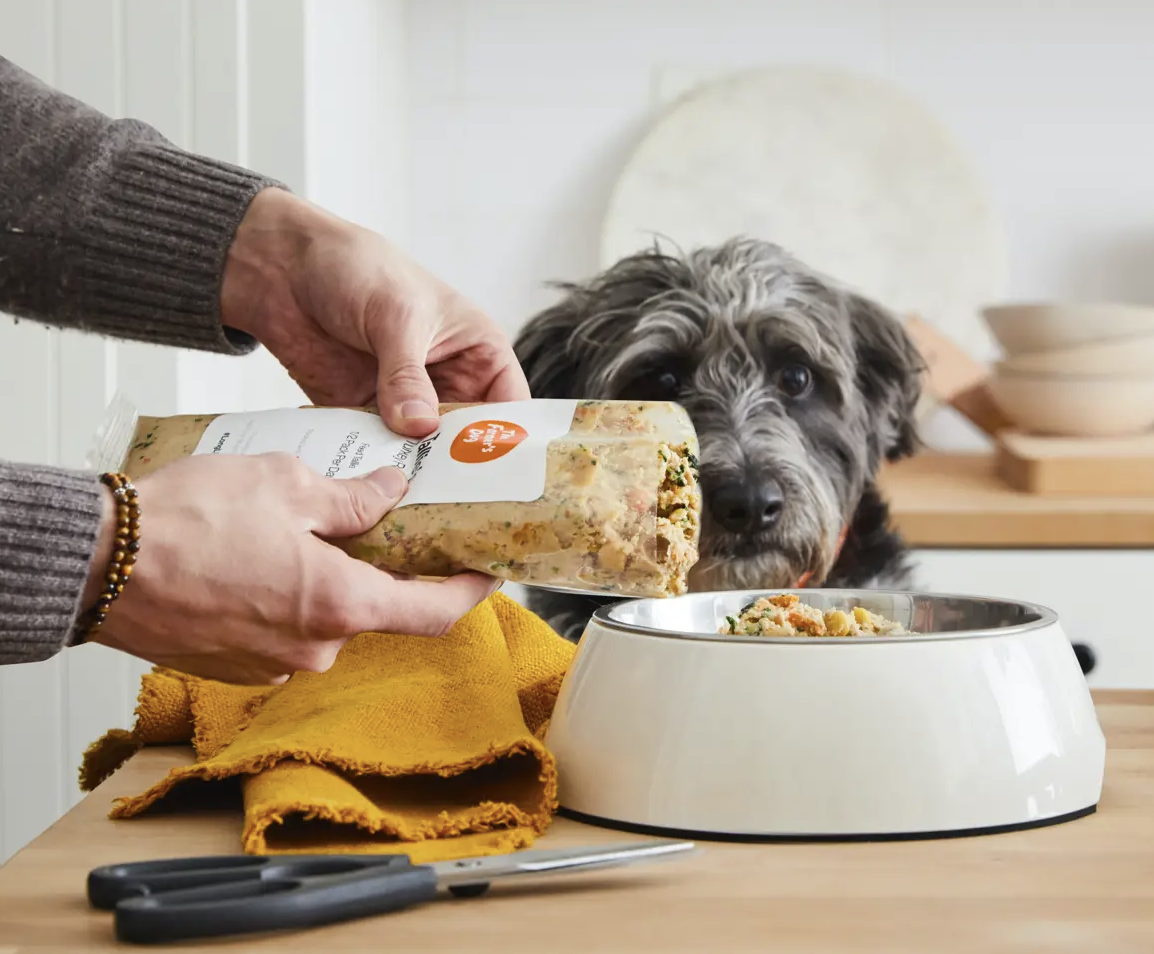
This is a fresh-frozen food that’s delivered to your home in just the right amounts for your dog. There are a number of fresh frozen dog foods available on the market and I tested them all. The Farmer’s Dog came up the winner with my picky dogs. You can see the fresh frozen food test here.
Save 60% on your first order
—
2. Sundays Food For Dogs
This is an air-dried food. It has the convenience of kibble (just pour it in the bow) but is much much healthier. It’s like little pieces of jerky, so dogs go crazy for it. There are a number of air-dried foods on the market. My dogs tested 3 of them. You can see the results of the air-dried food test here.
Get 35% off your first order + free shipping w/ code ROCKY35
3. We Feed Raw.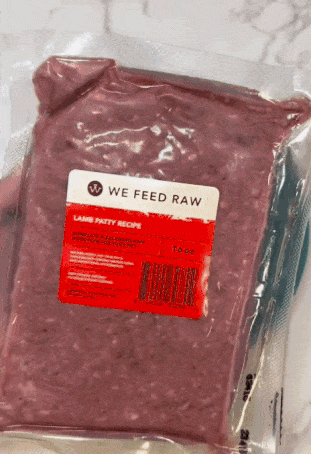
This raw food for dogs comes delivered to your home is perfectly sized portions for your pup. They primarily source their ingredients from trusted U.S. farmers, with two exceptions: venison and lamb. These ingredients are sourced from New Zealand, where some of the highest-quality and most ethically raised venison and lamb can be found. Pasture-raised and grass-fed and finished, we highly recommend trying these formulas if you’re interested in the best-quality ingredients. Save 25% on your first order.
Supplements: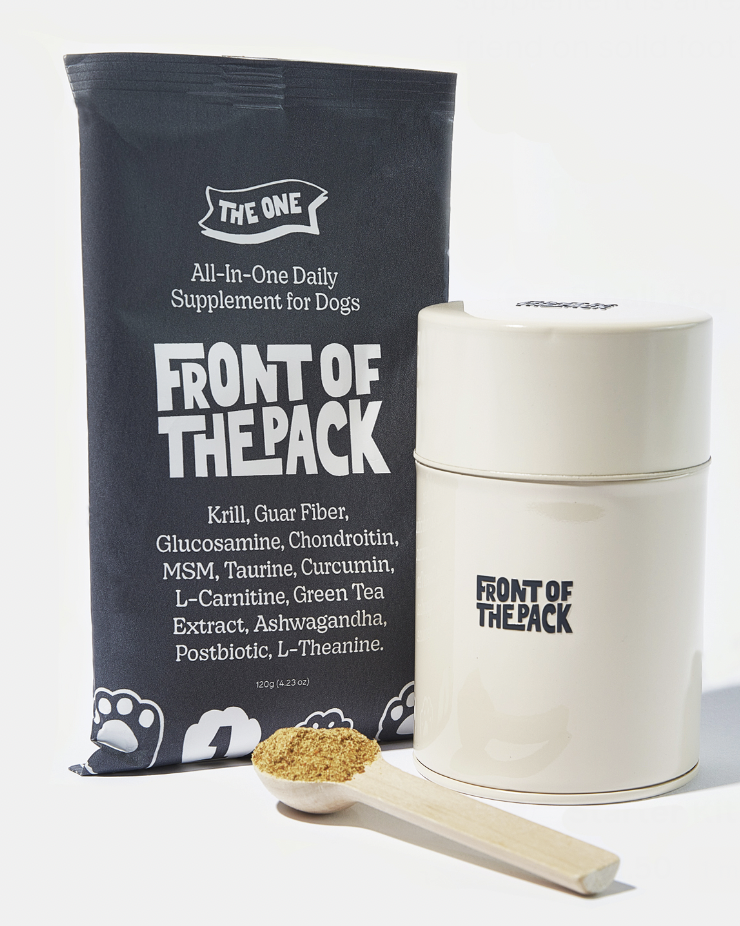
I highly recommend using a supplement on your dog’s food, not matter what you feed them, to ensure the meal is balanced and they are getting all the right supplements to help them stay healthy. The supplement I use is called The One from Front of the Pack. It has 12 ingredients that have been clinically-proven to keep your dog’s joints, skin, heart, digestion, and even their breath in tip-top shape. It’s also a powder, so easy to sprinkle on your dog’s food. For a limited time, when you buy one month you get a second month free.
Related Articles:
- 67 Shades of Doodles: Discovering the Charm of These Popular Designer Dogs
- Are Poodles Hypoallergenic?
- The “Sproodle” Might Sound Like a Cookie, But It’s Actually a Designer Dog Breed!

